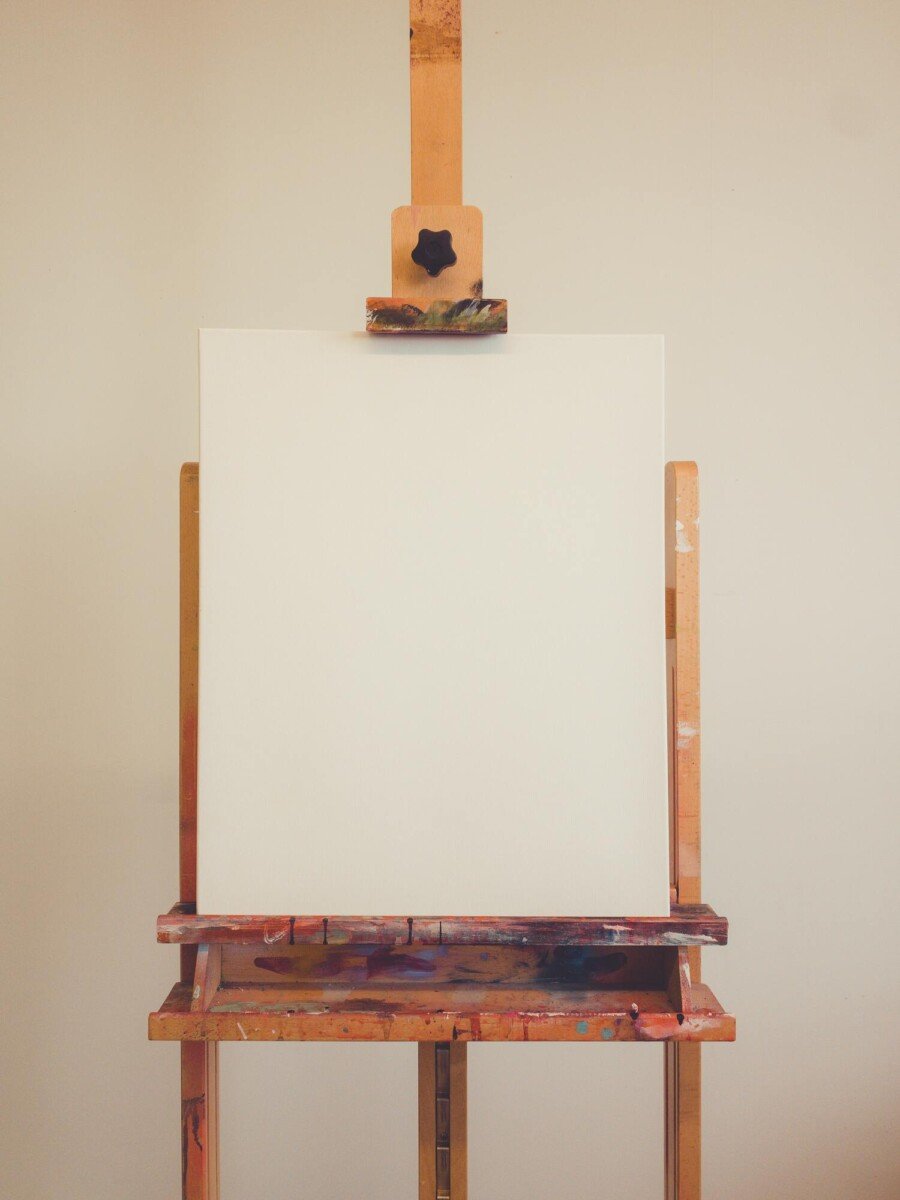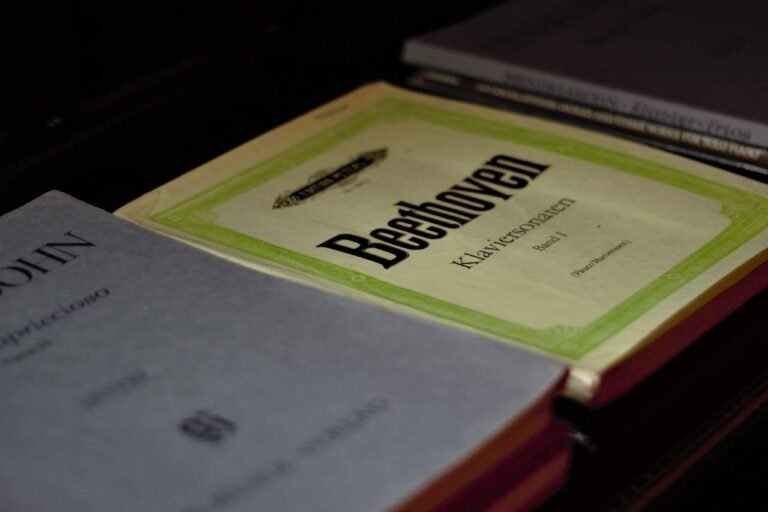Practising the art of dis-distraction
The curtain call – picture this
You visit your local theatre to watch the latest production of the latest hit play. As a quiet hush descends on the audience, the heavy red curtain lifts. The scene is set, a grand 18th century ballroom, shining chandeliers, golden edged mirrors & a quiet hum of violins playing in the background.
Two actors, one lady, one gentleman, walk centre stage as the audience eagerly anticipates the first words which critics have raved about….the lady turns to the audience, pulls her mobile phone out of her pocket and says in a matter of fact voice ‘just give me a second before we get going this evening, I need to check my Facebook feed.’
The audience can’t quite believe what it’s hearing, but after the initial sighs subside, the play resumes. Another member of the cast then enters stage left, pulls his phone out of his pocket and declares to the audience, ‘give us another second will you, I think my football team has just scored, better just check, it’s a crucial match tonight’.
What would your reaction be, particularly if the theatre trip was the highlight of your year? Now imagine if the interruptions from the stage continued every two minutes all the way through the show – many wouldn’t be surprised if most of the audience decided to walk out before the interval!
The broken plot
Actors go on stage to provide a performance to their paying audience and as such, are just doing their job. But in the scenario above, the actors can’t even begin to provide an effective performance (or do their job properly), because they are constantly distracted by their phones. The storyline, the plot and all of its nuances become totally lost amidst the interruptions.
Now, if you shift this scenario to the modern workplace, it’s not uncommon to see people constantly checking e-mails, social media or reading the latest news. But any job or vocation involves an element of ‘performing’ a role and just as with the affect on the theatre performance, if you constantly interrupt your own performance by checking whether you have another envelope icon on your screen, that will eventually become a disruptive habit and take your focus away from planning and thinking how you can carry out your job most effectively.
Applying our expectations as a theatre audience to the workplace
In the theatre, we expect to be able to watch a performance without the cast being distracted. However, how often do we apply the same criteria in the workplace, either to ourselves, or to those we are working with?
Ultimately, being distracted by email (or emailing someone) every five minutes is at some point going to have an impact on your effectiveness and ability to concentrate, because it takes your focus away from the bigger picture of what you are trying to achieve. It may also result in a more agitated you (and others), which could detrimentally affect both your business and personal relationships.
Apply the actor’s mindset – switching off the distractions
In order to maintain flow and character throughout a performance, actors have a simple solution to technological distractions. They leave their phones switched off (and locked away in the dressing room) before coming on stage.
So, if you’re struggling with maintaining concentration or flow at work, adapting an actor’s mindset can reap huge benefits, because by eliminating your source of distraction (be it a phone, an app or email on your computer), you provide the space in which you can think more freely.
Of course, there may be times when you may need to be more responsive to messages/alerts and be able to check things more regularly, but it’s worth bearing in mind that you can’t actually respond to something unless you receive it and ‘waiting for something’ to land can just accentuate the habit of becoming easily distracted. However, planning time to check emails or alerts outside of times when you are trying to ‘perform’ more productive tasks, will allow you to focus more without distraction.
Your West End debut
It’s very easy to acquire bad work habits without being aware of them, particularly when technology changes so quickly these days. But if you imagine your work as a theatre play, with you as the leading actor on your West End debut, then to give your best performance, you need to be completely distraction free.
As with all performing arts, the art of dis-distraction requires practice, discipline and creative thinking in order to preserve your performance space. It also requires others to have the mindset of a disciplined audience, having their phones switched off until the interval and after the play, so as not to distract the performers from their important work.
But the ultimate benefits of practising this art-form can be enormous. Not only does it create the space in which people can really focus and perform more effectively, it also eliminates unnecessary distractions and the constant stimuli that contribute enormously to the diminishing attention spans of the 21st century. In turn, that allows people to become better listeners and communicators, improving not only our work and business relationships, but our personal ones too.








